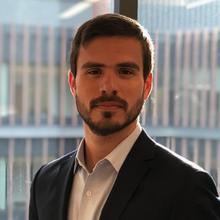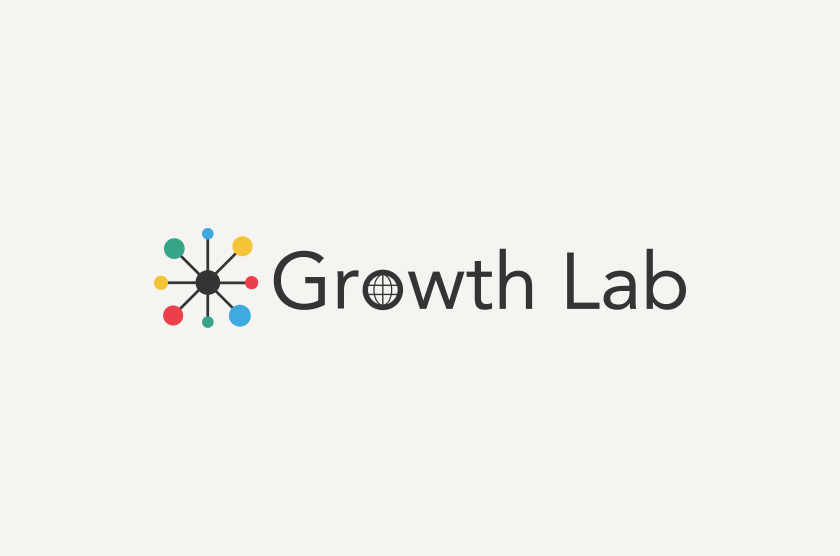Promoting Sustainable Economic Growth and Structural Transformation in the Amazon Region of Loreto, Peru
This project is aimed at providing inputs and policy recommendations to accelerate the development of the region and generate prosperity in a sustainable way.
Project Dates
November 2019–June 2020
Supported By
The Gordon and Betty Moore Foundation
Located in the heart of the Amazon rainforest, the state of Loreto in Perú is a place of contrasts. It is by far the largest state in Perú and also among the least densely populated. It is so remote that it’s capital, Iquitos, is closer to the border with Brazil and Colombia than to the capital cities of its closest neighbors, San Martin and Ucayali. Iquitos is home to over 50% of the state’s population of around a million people, but can only be accessed by river or air, making it one of the largest cities in the world without roadway access.
The region’s geography and the remoteness of its capital pose challenges to economic integration with the rest of the country, as do the social and environmental challenges from managing the extraction of natural resources, preserving the Amazon ecosystem, and protecting the indigenous communities that live in it. Income per capita growth in Loreto has chronically underperformed the national average and its peer states in the Amazon, leading to poor social, health and education outcomes. Balancing Loreto’s economic needs with the need to preserve the environment and indigenous communities is key to the region’s economic development.
More About this Project
This project is aimed at providing inputs and policy recommendations to accelerate the development of the region and generate prosperity in a sustainable way. It comprises three essential inputs for the design of Loreto’s productive development policies:
- A policy recommendations report aimed at overcoming or mitigating the impacts of the most binding constraints and promoting the structural transformation of the Loreto economy in a sustainable way (Policy Recommendations Report)
- A report on the productive ecosystem of Loreto, the sophistication of the agglomeration of knowhow of the place and its potentialities (Economic Complexity Report of Loreto)
- A report on the main binding constraints that inhibit growth and the materialization of opportunities for productive diversification in Loreto (Loreto’s Growth Diagnostics)

Affiliated Publications

NEWS
The Bioeconomy Will Not Save the Amazon
The emerging consensus among conservationists and environmental organizations is that the best way to save the Amazon rainforest is to cultivate a “bioeconomy” based on regenerative agriculture and sustainable practices. In this op-ed, Ricardo Hausmann shows how this approach could inadvertently accelerate deforestation and biodiversity loss.
Atlas of Economic Complexity
Explore Peru’s Country Profile
Peru ranks as the 107th most complex country in the Economic Complexity Index (ECI) ranking. Compared to a decade prior, Peru’s economy has become less complex, worsening 19 positions in the ECI ranking. Peru’s worsening complexity has been driven by a lack of diversification of exports. Moving forward, Peru is positioned to take advantage of a moderate number of opportunities to diversify its production.
Team Members





Person
Miguel Angel Santos
Dean, School of Government and Public Transformation, Tecnológico de Monterrey




